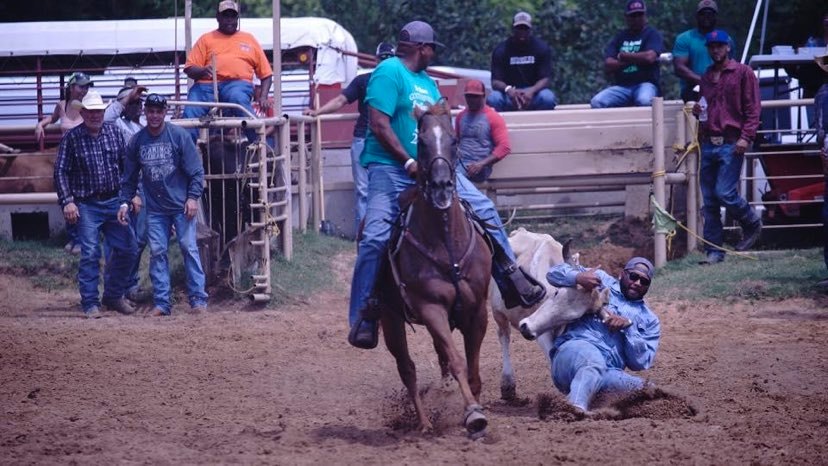
By: Guy Troupe
guytroupe@troupe21.com
The 2016 regular season was entertaining and profitable. The playoffs should offer more of the same. Twelve NFL fan bases will be “keeping hope alive” while twenty others have been left for dead. A sad, unrealized reality will strike several veteran players over the course of the next few weeks and months. The NFL’s “not for long” motto will slam the door in the faces of approximately 400 players hoping to play professional football next season—leaving many to ponder if players lives matter. As a result, the flood gates will open for approximately 400 former NCAA football student-athletes hoping to cash in on their athletic prowess.
Value, production and wins will be measured during the playoffs. The playoffs will result in payoffs. NCAA conferences cashing checks, college coaches getting pay raises, NFL professionals cashing in on incentives, college kids getting big gifts from bowl game event planners and agents. As the year ends the bottom line always emerges as the top line.
This blog entry–our final 2016 message–will highlight three concluding Career Management Principles.
These principles, which can be applied in isolation, are being presented together based upon three questions recently asked by a top college player who sought advice from the PNE Network.
Question 1 from College Player: What’s most important when selecting representation from a sports agent?
PNE Answer: Understanding that you are now totally responsible for the outcomes of your career. Holding yourself and others accountable is vitally important. Our Principle of Checks and Balances should be applied in your search for an agent. It reads, “Selection of sports representation should begin with an understanding that the agent and other professionals work for the athlete (not the other way around). All athlete decisions should be made after seeking advice from qualified professionals (e.g. agent, accountant, financial planner, insurance agent, realtor) that do not have close personal or business ties to each other.”
Question 2: Should I leave campus to prepare for the NFL?
PNE Answer: We recommend staying on campus, and in school, but understand that most elite NFL prospects will be recruited away from campus by agents and financial advisors that are willing to make payoffs to secure clients. Applying our Principle of Discouraged Immediate Gratification is highly recommended when pondering whether one should stay on campus or leave campus to train. It reads, “Receipt of short-term, high interest loans for non-essential activities such as vacations, jewelry, high-end automobiles, training and nutrition camps, and concierge services is highly discouraged prior to signing a professional contract. Large homes, mansions, big-ticket items and depreciable material possessions such as cars, jewelry and clothes are contributing factors to athlete bankruptcies. The needs (not the wants) of parents and family members should be considered with an understanding of long-range financial planning”.
Question 3 from College Player: What should I know about my sports agent?
PNE Answer: College players should speak to few past clients, current clients, and the analyze the agent’s history of negotiating second contracts and free agency deals. We also suggest applying our Principle of Agent Financial Disclosure. It reads, “Agents, financial advisors and other representatives interested in representing an athlete for a percentage of his or her earnings should be willing to disclose business information and sign a background investigation form authorizing access to reasonably-related financial and personal information.”
Transition from college to professional football should be approached with the understanding that there’s give and take in every relationship. Our hope is that these answers (and our 2016 Blog) will serve as gifts to all as we begin 2017.










